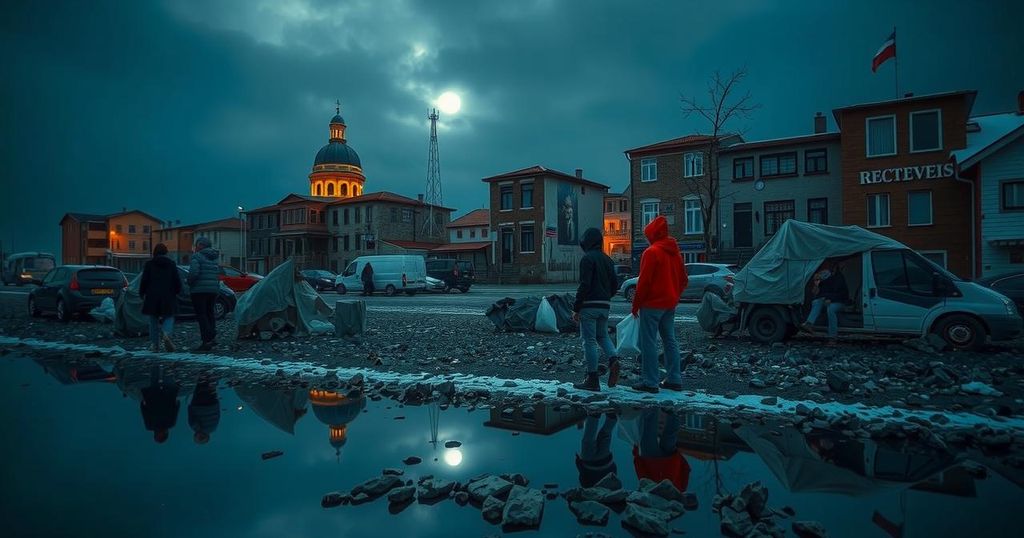Angela Merkel Reflects on Leadership in New Memoir “Freedom”

In her memoir “Freedom,” Angela Merkel reflects on her tenure as Chancellor, defending her refugee policies and engagements with Russia, amidst ongoing global conflicts. She addresses criticisms regarding the refugee crisis and energy reliance, emphasizing the pragmatic reasons behind her decisions and the necessity of international relations. Merkel asserts the importance of maintaining a humanitarian perspective amid rising populism and geopolitical tensions.
In her recently published memoir “Freedom: Memories 1954 – 2021,” former German Chancellor Angela Merkel offers a robust defense of her 16-year leadership, addressing criticisms related to the refugee crisis and Germany’s ties with Russia. Merkel reflects on her decisions during pivotal moments, such as the 2015 refugee influx and her interactions with Russian President Vladimir Putin. While defending her policies, she acknowledges the complexity of these issues in light of the current geopolitical landscape, including the ongoing conflicts in Ukraine and the Middle East, and the rise of populism within Germany.
Merkel confronts accusations of having been too lenient with Russia and the far-right Alternative for Germany (AfD) party, emphasizing that her welcoming policy was predicated on humanitarian grounds and the need for labor in Germany. She argues that mainstream parties should resist adopting far-right rhetoric without providing concrete solutions to public concerns. Furthermore, despite the present turmoil, she believes it was crucial to maintain open lines of communication and trade with Russia, given its standing as a nuclear power.
The former Chancellor also contextualizes her energy policies which have received scrutiny post-invasion of Ukraine, explaining the necessity of Russian gas under the previous energy framework while transitioning towards renewable sources. Her memoir elucidates her thoughts during her tenure, positioning herself as a pragmatic leader navigating complex global challenges.
Angela Merkel’s memoir comes amid significant global political shifts, including conflicts in Ukraine and the Middle East, and the resurgence of Donald Trump in American politics. Merkel, who served as Chancellor from 2005 to 2021, has faced criticism for her handling of the 2015 refugee crisis and her government’s energy reliance on Russia. At the heart of her memoir are reflections on her leadership style, geopolitical strategies, and the implications of her policies which remain relevant as Germany grapples with a new political landscape following the recent collapse of its ruling coalition.
Angela Merkel’s “Freedom” serves as both a retrospective of her leadership and a defense of her policy decisions which have faced considerable scrutiny. By reflecting on her past actions amidst current global upheavals, she provides insight into the complexities of governance, the balance between humanitarianism and national interest, and the necessity of diplomatic ties with powerful nations. Ultimately, her memoir reveals a leader steadfast in her beliefs while navigating intricate challenges during her time in office.
Original Source: jordantimes.com






